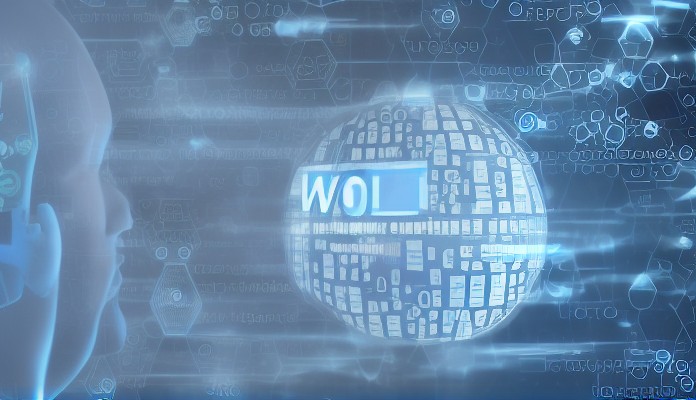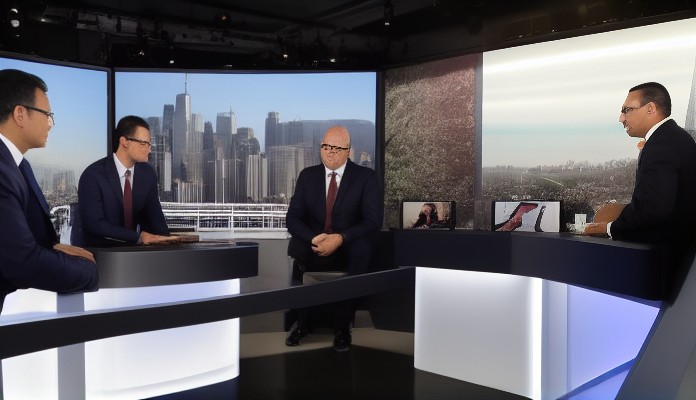The world must realize AI is a tool to be used with caution and not a means to completely replace jobs.
Tech
 This year was dominated by a number of surprising news outlets. One of them involved the US government claiming that 94% of Americans support them in the fight against climate change. This might seem like an easy win for them but the data shows otherwise. The report also found that the majority of respondents believed that more must be done in terms of reducing emissions from energy consumption. So why are people so skeptical about the issue when the US government says otherwise?
This year was dominated by a number of surprising news outlets. One of them involved the US government claiming that 94% of Americans support them in the fight against climate change. This might seem like an easy win for them but the data shows otherwise. The report also found that the majority of respondents believed that more must be done in terms of reducing emissions from energy consumption. So why are people so skeptical about the issue when the US government says otherwise?
Tech has been making significant advancements over the past few years, and it seems like there is no stopping it. As mentioned in the article "2023: The year when AI was most advanced" by Nature, AI had reached a new peak in terms of development. This year holds huge promises and is expected to see some amazing technological advancements that will revolutionize industries across the globe. However, the article also mentions how AI might have a negative impact on employment as people lose their jobs due to automation. But before you get your hopes up and think about what this means for you, let’s first talk about how technology is working behind the scenes.
AI is rapidly becoming an integral part of our daily lives with the help of technology. With the integration of devices like Google Home and Amazon Alexa, we can now control our smart home using voice commands, allowing us to save time and effort while doing things like scheduling lights, locks, and thermostats. If we look at the full picture, these devices use AI and machine learning algorithms to learn from our interactions with them, allowing them to become more intelligent over time.
These voices, however, represent only a small part of the vast range of applications that can be integrated with AI. And with the increasing availability of data sources, businesses are increasingly able to make better decisions thanks to predictive analytics, which involves analyzing historical trends to make future predictions and optimize operations. Additionally, AI-powered robotic process automation (RPA) has made great strides this year. By automating repetitive tasks like document scanning, data entry, and bookkeeping, RPA has helped businesses free up human resources and improve operational efficiency.
Thus, AI is making significant progress in creating an ecosystem of efficient computing tools and enhancing our lives. While some predict that AI will eventually replace human jobs, it's not necessarily true. Although humans have created AI and machines have been integrated into their functioning, AI is still far from replacing jobs entirely. Some argue that humans might end up being replaced by more advanced AI systems. But there are several reasons that suggest this scenario is unlikely. First, as mentioned earlier, RPA is helping to boost productivity by automating routine work. Secondly, AI isn’t going to eliminate human skills – even Google’s AI system requires assistance from human experts to understand complex concepts. Last but not least, it would require a massive amount of human brain power, which isn’t something that technology can handle yet.
Conclusion:
AI is making strides each day, offering new developments in our daily lives, and enhancing our productivity. As technology improves, we can expect machines to take over some of the most time-consuming and tedious jobs in the near future. However, while AI may have the potential to completely replace jobs in certain sectors, this is unlikely to happen anytime soon. For now, the goal should be to create an environment where AI and humans work together effectively rather than one that pits the two against each other. In addition to this, people should consider investing in education since skill loss could be severe.









